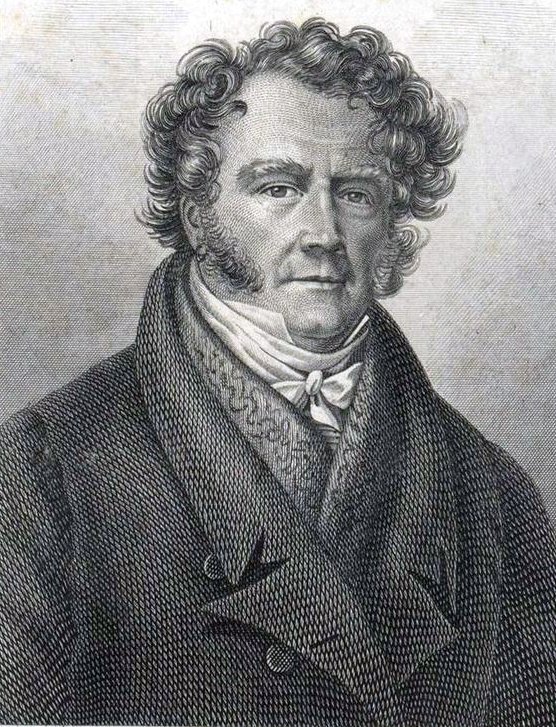Eugène François Vidocq was an 18th century French crook-turned-cop who was a confidant of at least two famous contemporary French writers and an inspiration for many others around the world. Victor Hugo based not one but two characters in Les Misérables on Vidocq – both Jean Valjean and Inspector Javert. Honoré Balzac’s character Vautran, in Père Goriot, was also modeled after him.
Vidocq’s legendary crime-solving reputation was also lauded in Poe’s Murders in the Rue Morgue and in Herman Melville’s Moby Dick. The fugitive in Charles Dickens’ Great Expectations was also inspired by Vidocq’s real-life exploits.
Vidocq’s life story is fascinating. As a fugitive from French justice, he first offered his services as a police spy and informer. Later, he became so successful at catching criminals that he was named the first chief of the Sûreté in 1811. Vidocq eventually directed a force of 28 detectives, all of whom were, like him, former criminals.
Eugène François Vidocq is considered by historians and those in law enforcement to be the father of modern criminal investigation. Monsieur Vidocq:
- introduced record keeping (a card-index system), criminalistics, and the science of ballistics into police work;
- was the first to make plaster-of-paris casts of foot/shoe impressions;
- was a master of disguise and surveillance;
- held patents on indelible ink and unalterable bond paper;
- founded the first modern detective agency and credit bureau, Le Bureau des Renseignements.
After he resigned from the Sûreté, Vidocq published his Mémoires, a book which became a best-seller in Europe and firmly established him as the world’s greatest detective.


